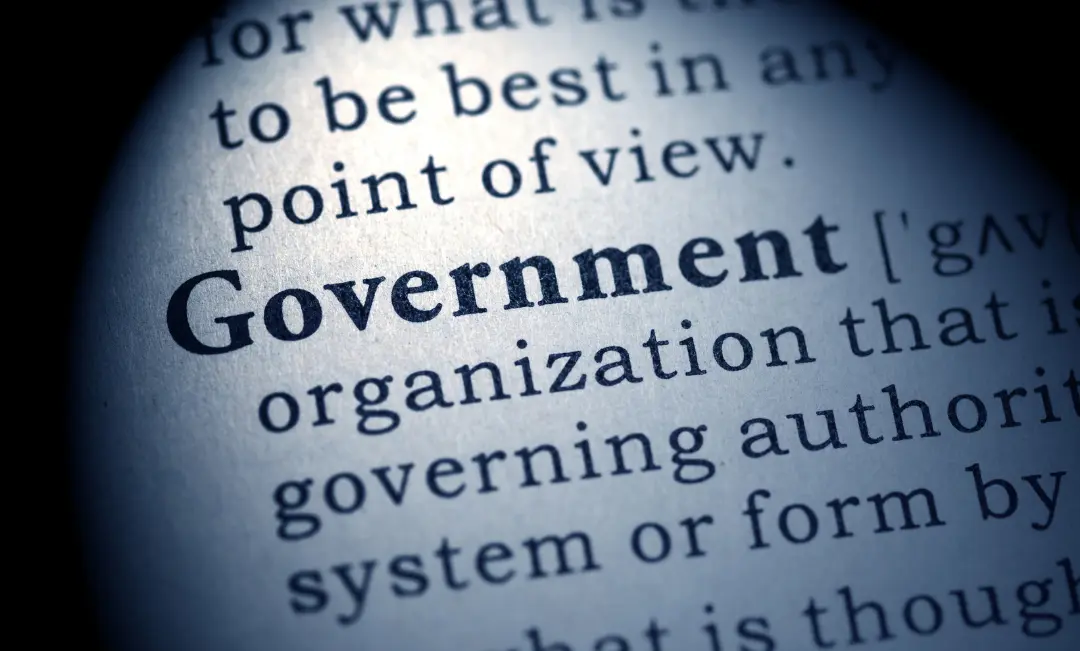The Role of Government and Regulation in the Development and Use of Virtual Reality (VR)
Posted on March 23, 2023 2 minutes 413 words
Table of contents
Virtual reality (VR) has emerged as a transformative technology, revolutionizing industries such as entertainment, healthcare, education, and military training. As VR becomes increasingly integrated into our daily lives, it is crucial to establish a balanced regulatory framework that fosters innovation while protecting users. This blog post will explore the role of government and regulation in the development and use of VR technology, highlighting the key areas where government intervention can encourage growth and ensure user safety.
Regulatory Framework for VR Development
A supportive regulatory environment is essential for fostering innovation in the VR industry. Governments can play a significant role by investing in research and development, either directly or through public-private partnerships. Clear intellectual property rights and standardization are also crucial, as they encourage investment and collaboration between stakeholders.
Content and Age Restrictions
Regulating content and age restrictions in VR environments presents unique challenges. Governments play a vital role in establishing rating systems and age verification methods for VR content, ensuring that users have appropriate access to immersive experiences. VR platform operators and developers also bear responsibility for enforcing content policies and age restrictions.

Protecting Users’ Privacy and Security
As VR technology advances, safeguarding user data becomes increasingly important. Governments must implement and enforce data protection laws that hold VR companies accountable for adhering to privacy and security standards. Potential risks in the VR space include identity theft, data breaches, and unauthorized surveillance, and regulators must remain vigilant in addressing these concerns.
Health and Safety Regulations
VR use carries potential health and safety risks, such as motion sickness, eye strain, and physical injuries. Governments must develop and enforce health and safety standards for VR hardware and software, while VR developers should prioritize user experiences that minimize health risks.
Ethical Considerations and Social Impact
Ethical concerns surrounding VR technology, including addiction, the digital divide, and the potential for malicious use, require government intervention. Promoting responsible VR development and use through education, public awareness campaigns, and legislation is essential. Involving various stakeholders, such as industry, academia, and civil society, in shaping regulatory and ethical frameworks ensures a balanced approach to VR policy.
Conclusion
In conclusion, a balanced and collaborative approach between governments, industry, and users is crucial for creating a regulatory environment that fosters innovation and protects users in the VR space. As VR technology continues to evolve, ongoing dialogue and adaptability will be key to navigating the challenges and opportunities that lie ahead.








